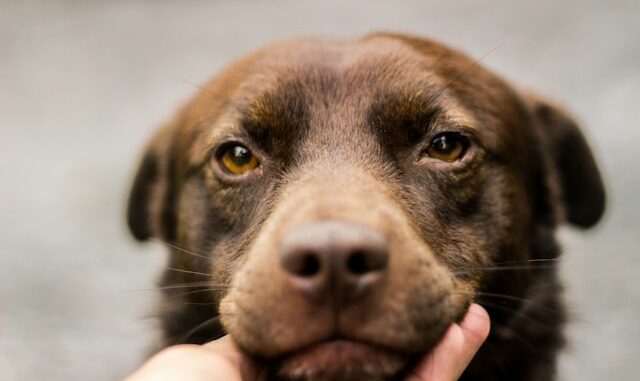
Introduction:
Ontario boasts a rich cultural tapestry of dog ownership, with canines holding a special place in the hearts of many residents. However, this affectionate relationship can sometimes take a sour turn when dog-related incidents occur. To address such incidents and ensure public safety, Ontario has established a comprehensive legal framework governing dog ownership, liability, and dangerous dogs. In this article, we delve into the intricacies of Ontario’s dog laws to provide a clear understanding of rights, responsibilities, and repercussions.
Ontario’s Dog Ownership Laws:
Dog ownership in Ontario is governed primarily by the Dog Owners’ Liability Act (DOLA). Enacted in 2005, DOLA outlines the rights and responsibilities of dog owners, as well as the legal consequences of dog-related incidents. Under DOLA, dog owners are held strictly liable for any damages caused by their dog’s aggressive behavior, regardless of whether the owner was aware of the dog’s propensity for aggression. This strict liability extends to both property damage and personal injury resulting from a dog attack.
Moreover, DOLA mandates that all dogs must be kept under control at all times, whether on public or private property. This includes ensuring that dogs are securely confined within their owner’s property or properly restrained when in public spaces. Failure to adhere to these regulations can result in fines, legal action, and even the confiscation of the dog.
Liability and Compensation:
In cases where a dog causes harm to a person or another animal, the injured party may pursue legal action against the dog’s owner to seek compensation for damages. This compensation may cover medical expenses, lost wages, pain and suffering, and property damage. Importantly, Ontario’s legal system operates on a principle of contributory negligence, meaning that compensation may be reduced if the injured party is found to have contributed to the incident in any way.
To facilitate the claims process, Ontario maintains a robust system of insurance coverage for dog owners. Many homeowners’ insurance policies include liability coverage for dog-related incidents, providing financial protection in the event of a lawsuit. Additionally, some municipalities require dog owners to obtain specific dog liability insurance policies as a condition of dog ownership.
Dangerous Dogs and Breed-Specific Legislation:
In response to high-profile incidents involving certain dog breeds, Ontario introduced breed-specific legislation (BSL) in 2005. Under BSL, ownership of pit bull terriers, Staffordshire bull terriers, American Staffordshire terriers, American pit bull terriers, and any dog with physical characteristics substantially similar to those breeds is prohibited. Existing pit bulls in Ontario at the time of the legislation were allowed to remain, but subject to strict regulations, including mandatory sterilization, muzzling in public, and liability insurance requirements.
However, it’s essential to note that BSL has been a subject of controversy, with critics arguing that it unfairly targets specific breeds and fails to address the root causes of dog aggression. In 2019, the Ontario government announced plans to repeal the province’s breed-specific legislation, signaling a shift towards a more evidence-based approach to dog regulation.
Enforcement and Penalties:
Ensuring compliance with Ontario’s dog ownership laws falls primarily under the jurisdiction of municipal bylaw enforcement officers. These officers have the authority to investigate complaints, issue fines, and, if necessary, seize dogs that pose a threat to public safety. Additionally, provincial animal welfare agencies, such as the Ontario Society for the Prevention of Cruelty to Animals (OSPCA), play a vital role in enforcing animal welfare laws and prosecuting cases of animal cruelty.
Penalties for violations of Ontario’s dog ownership laws vary depending on the severity of the offense and the jurisdiction in which it occurs. In cases of serious injury or death caused by a dog attack, criminal charges, including charges of manslaughter or criminal negligence, may be brought against the dog’s owner.
Conclusion:
Ontario’s legal framework governing dog ownership, liability, and dangerous dogs is designed to promote public safety while respecting the rights of responsible dog owners. By understanding and adhering to these laws, dog owners can help ensure a harmonious coexistence between humans and canines in the province. However, ongoing efforts are needed to address the complex issues surrounding dog-related incidents, including the repeal of breed-specific legislation and the promotion of responsible pet ownership through education and community outreach. Ultimately, fostering a culture of responsible dog ownership is key to creating a safer and more compassionate society for all residents of Ontario.
